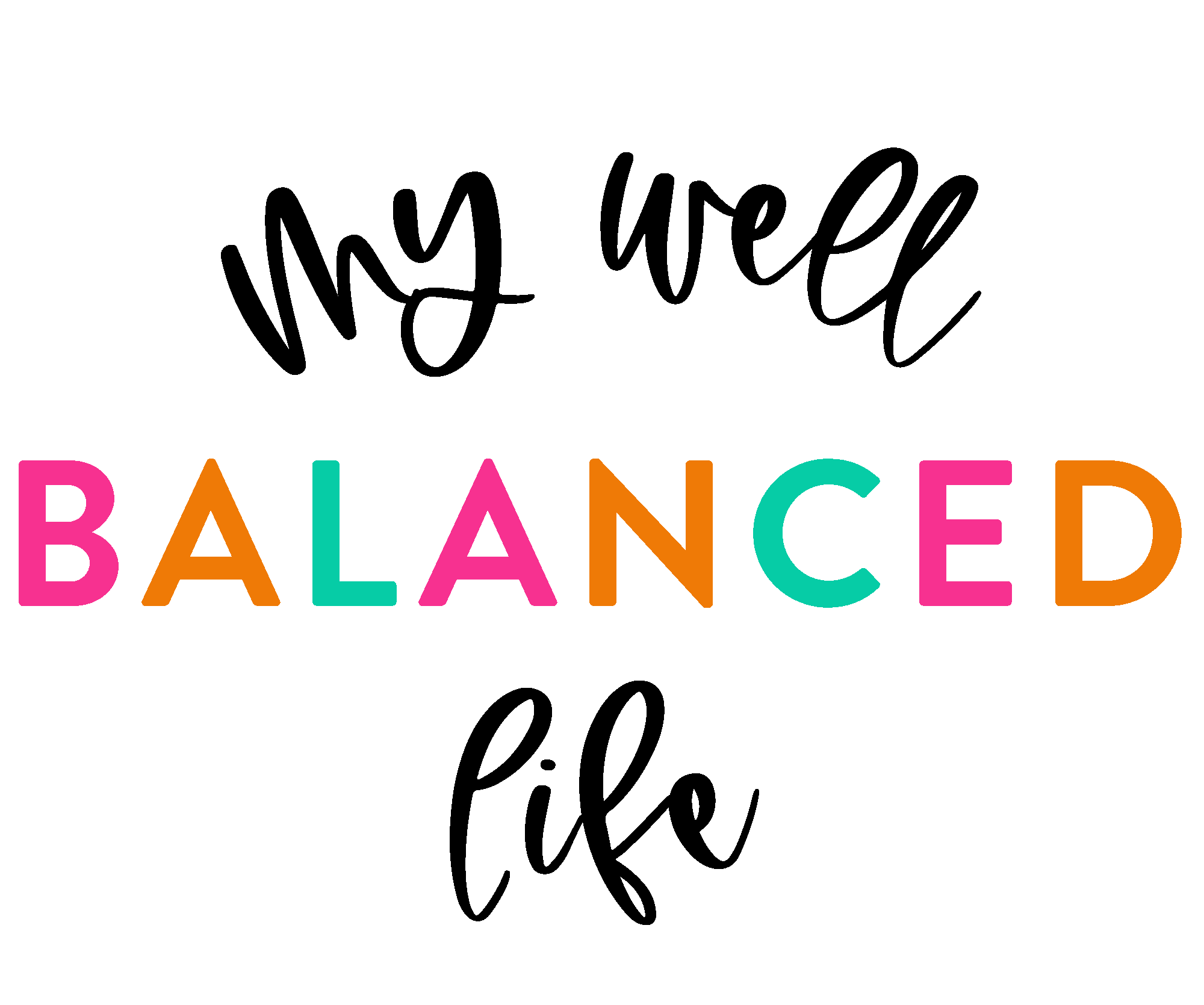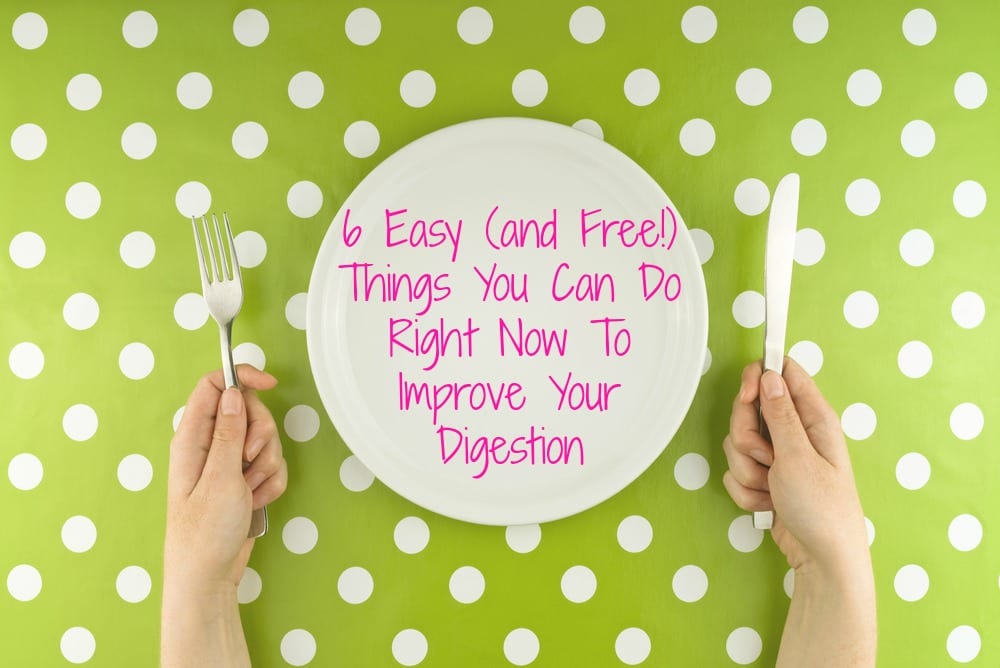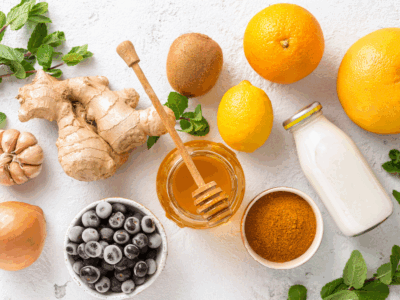“Don’t eat so fast!”
“Chew your food so you don’t choke!”
“Don’t shove all of those fruit snacks in your mouth at one time!”
“Can we just sit at the table and have a nice dinner?”
Geez. I totally say these things to my children. Because I’m turning into my mother. It’s inevitable. And that’s just the tip of the iceberg. I’m minutes away from saving used wrapping paper and shopping at Talbot’s. But I digress …
Digestion. Most of the time when people talk about digestion, it’s because they are experiencing unpleasant symptoms. You don’t hear a lot of people going around talking about how great their digestive systems are functioning. But who hasn’t suffered from the occasional case of heartburn or indigestion? Or stomach cramps? Or perhaps you are one of those unfortunate people who regularly deals with bloating, gas, constipation, IBS, SIBO, leaky gut … you see where I’m going with this, right? If anything, we have all seen the countless advertisements on television for drugs to aid in digestion … the ones with the scary side effects that take at least a full minute to list. The point is, digestion is important. Like WAY important.
For most people in the natural health world, the core belief is that digestion is one of the major foundations of health and arguably the MOST important foundation. When a person is struggling with symptoms of any kind, a natural health practitioner is going to address digestion. Many times the root causes of symptoms and diseases that seem completely unrelated to digestion are traced back to improper digestion. Isn’t that crazy? But it’s totally true. So it’s worth reading on and learning about these six simple ways you can improve your digestion, starting today. And even better, they’re free. That’s right … FREE.
-
Make sure to eat your meals in a peaceful environment and allow ample time to consume your food.
Our bodies must be in a parasympathetic state in order for digestion to work properly. This refers to the autonomic nervous system which is either in a parasympathetic state (rest and digest) or a sympathetic state (fight or flight). In the state of our current society, we all spend most of our time hanging out in the sympathetic mode — always on the go, fitting in our meals whenever we can, eating in our cars or standing up at the kitchen sink. So basically, we are not even giving our bodies the chance to digest our food when we’re hustlin’ through our days. Chances are there is no woolly mammoth chasing you, so just slow down already. And ummm, HELLO. A whole part of the system is referred to as the “rest and digest” state … so get there already.
-
Take time to acknowledge and appreciate your meal before you begin eating.
Whether that means blessing the food with prayer or just taking a minute to really see the yummy food in front of you, it allows your brain to begin the digestion process. That’s right! Digestion actually begins in the brain. The sight and smell of food triggers the salivary glands to begin producing saliva which contains important enzymes for digestion. So gaze down at that Chipotle salad with love and adoration, my people. Realize how fortunate you are to eat Chipotle, because there are people in this country who do not have access to the deliciousness that is carnitas with extra guac (that would be ME.)
-
Chew each bite of food at least 25-30 times.
I can’t tell you how many times I have watched people pretty much inhale their food. Huge bites chewed three or four times is not going to cut it, my friends. You may not feel hungry anymore, but you are doing your body a great disservice by shoveling food down your throat. Breaking down each bite of food (which by the way shouldn’t be ginormous) is an integral part of the digestion process. Enzymes in your mouth begin the breakdown of carbohydrates, and that chewing (or mastication) of the food gets it into a form called bolus. This bolus then makes its way down the esophagus and into the stomach for further breakdown. Not breaking the food down enough before it gets to the stomach can impede some very important work that happens there! So take a bite and set your fork down while you truly chew your food. Count your chews in your head or use your fingers if needed. And a nice bonus from this is that you will actually taste how good your food is.
-
Drink a glass of water about 30-45 minutes before eating your meal, and then just sip water while you eat.
I know, I know. You’re going to tell me that you can’t possibly plan that far ahead to schedule your water intake. Whatever. You can estimate and make it work. Having that glass of water a half hour before eating will hydrate your body properly and ensure the necessary amounts needed for the digestion process. Our bodies need copious amounts of water for digestion to work at all! If we don’t provide it, the body will start to rob water from other sources, primarily the cells. On the other hand, drinking a lot of water with a meal can dilute digestive juices and reduce food digestion and nutrient absorption. So just be dainty and sip while you eat.
-
Do not drink carbonated beverages with your meal.
I know this is a bit of a bummer for you soda and carbonated water drinkers, but let’s face it. You shouldn’t be drinking soda anyway! But that’s another post. The point is that carbonated beverages contain phosphoric acid which cause digestion to halt. The phosphoric acid impedes the very important production of hydrochloric acid (HCl) in the stomach. HCl sterilizes the food we eat to prevent harmful bacteria from entering the stomach as well as triggers the release of pepsin, an enzyme which breaks down the proteins we eat. A lack of HCl can increase your susceptibility to digestive infections, and not breaking down the proteins due to insufficient enzymes will allow food to stagnate or pass through the small intestine undigested. This can cause a number of unpleasant symptoms and syndromes to include yeast overgrowth, bacterial overgrowth, and leaky gut. Not to mention, your small intestines will not be able to assimilate the nutrients from the food. Not good. That soda is not worth it, I promise.
-
Try to adhere to the 30/30/40 rule for your meals.
Each meal should contain 30{14558ebb005ca3a014f8e1f496704d81e0a2f10192e8e315668058e58697a03a} protein, 30{14558ebb005ca3a014f8e1f496704d81e0a2f10192e8e315668058e58697a03a} fat, and 40{14558ebb005ca3a014f8e1f496704d81e0a2f10192e8e315668058e58697a03a} carbohydrates. We need a good balance of these macronutrients to form healthy cells, allow for adequate glucose stores, build healthy hormones, form building blocks,and create optimum nutrient absorption in the body. Make sure they are whole food, nutrient dense, high quality foods! You only have this one body, and it’s worth taking the time and effort to nourish it so you can live a full and healthy life.
BOOM. Six things that can improve your digestion and possibly even alleviate some pesky symptoms. And you can start today. Now that you’ve read this post, you can’t unknow these things. They’re in your head. I hope these words nag at you when you are trying to eat on the run or justify that soda with your meal. You know, just like your mom.
Happy digesting, you guys!










Excellent, logical and needed advice. Thank you Amazing Amanda.
We all just need to slow down! That’s half the battle 🙂